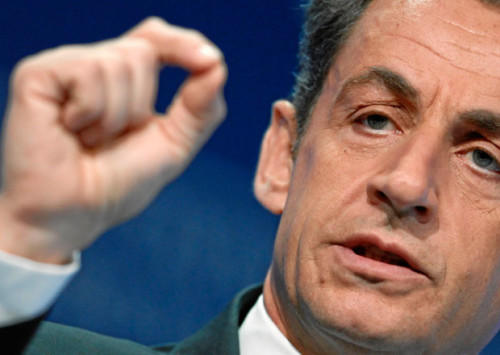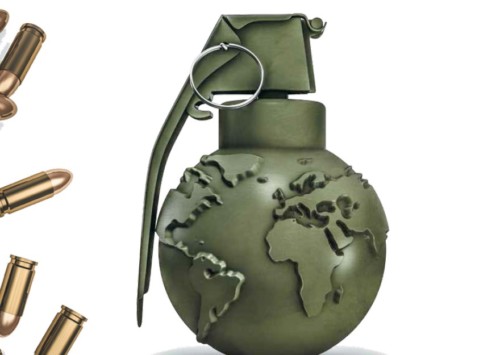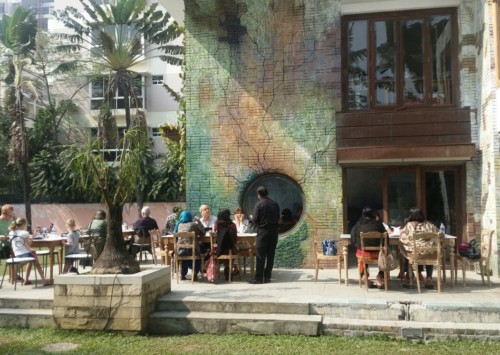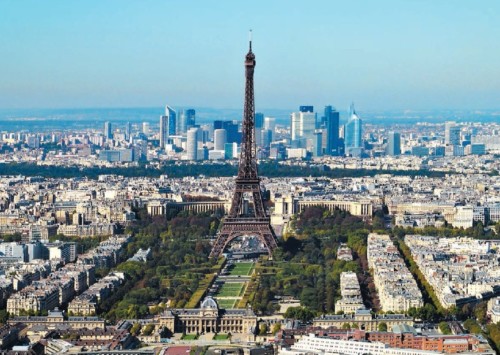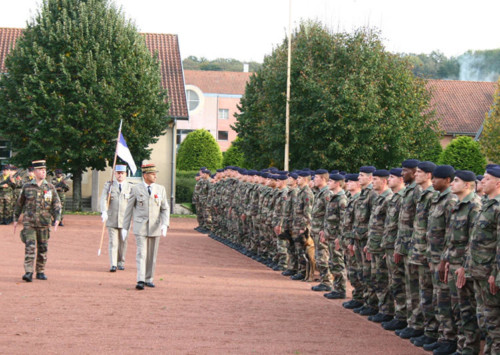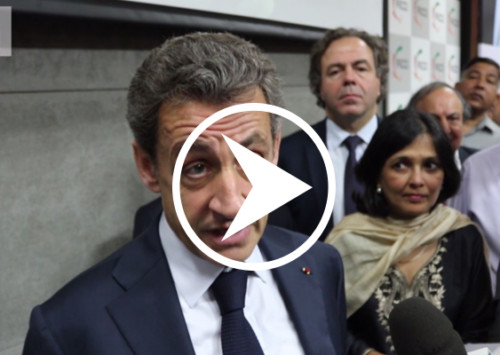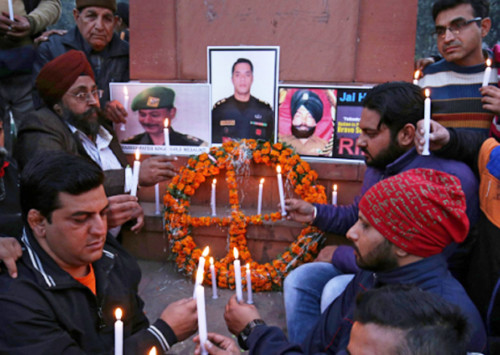Nice Attack on Bastille Day

80 people died in the Nice Attack, mostly children
The Bastille Day Attack in Nice that killed at least 80 people brings to life the worst nightmare of the French security forces.
French President Francois Hollande and his security forces must have heaved a big sigh of relief with the safe and successful organisation of the Euro 2016 football championships, which concluded last Sunday with the French football team in their first appearance in a European championship final since the year 2000.
In the run up to the football championship, several security experts, as well as the French government itself, had signalled that the tournament was going to be organised in maximum security conditions as the French feared another attack by the Islamic State or ISIS terrorists, after the November carnage in Paris, which claimed over 130 lives and left over 350 injured, as 10 heavily armed gunmen attacked a theatre and several other places in a repeat of the 2008 Mumbai attacks.
However, to the relief of the French and indeed the rest of the world, the Euro2016 ended safely and was a huge comfort to a French society that had been limping back to normalcy. So normal then that the French students and government employees resorted to nearly three months of strikes against an attempt by the government to reform the stringent labour laws, which have led to economic stagnation in the country.
The public confidence about security and safety, too, seemed to be coming back, as shoppers thronged the malls and life returned to normal. The state of emergency, imposed after the November attacks in Paris, was also expected not to be extended beyond its latest deadline of July 25.
But the Nice attack has put paid to all semblance of normalcy in the country and once again exposed the immense threat that France continues to face in its battle against terror. The biggest challenge for France and many other European nations is that identifying the next potential terrorist is practically an impossible task. The past attacks have shown that the plots may have been planned elsewhere and by other elements, but the execution was done by European residents and that too not recent arrivals in these countries but indeed born and brought up here.
The driver of the terror truck in Nice is believed to be a French national of Tunisian origin. The population of people with Maghreb origins alone in France is more than 10 pc of the country’s population and the next terrorist could be anyone of them as the past trends have suggested.
Danger at home
Obviously, the entire Muslim population in Europe is not radicalised at all and indeed have happily integrated themselves in the European societies and adopted most of their traditions and customs. But there is a minute minority of Muslims, mainly very young Muslims, in their teens or twenties that has long felt totally alienated from the European or in this case the French society and the state.
They have felt for the past several years discriminated against by the society, despite the fact they were born and brought up in this country.
This may not be as big a surprise if one considers that the employment and education rates in quarters, rather ghettos, where much of the Maghrebin-origin population of France lives, is almost double or even three times as low as the national or regional average. A recent report, this week, of a survey conducted by the government, found that even for public or government jobs, the chances of a candidate sharply reduced if the person’s name was of Muslim-origin.
Besides, since the terror attacks, the security forces have been aggressively profiling the Muslim population, further alienating them. The security checks at railway stations, airports or streets increasingly target persons clearly resembling Muslims. This, obviously, increases the alienation and after the Nice attacks this vicious circle is bound to become worse.
A long and difficult task lies ahead for the French leaders and society in general to curb terror without creating more terrorists of its minority youth.
No short term solutions
The desocialisation of some French citizens and the radicalisation of a very tiny minority, even sometimes French of no Maghreb origin who embrassed islamisation, is a major concern that cannot but solved quickly, even in the medium run.
In the era of social media, the fascination for Jihad led dozens of French to go and fight in Syria. It also brought up new self-radicalised Islamists in the country itself, hard to identify, in a decentralised web of terror pattern.
For France, the Nice attack, a human tragedy, is also an economic disaster for a country which desperately needs to rebuild its attractiveness, notably in terms of tourism and safety image. Terror acts here as a multi blades razor, cutting down confidence repeatedly, as it strikes regularly and everywhere.


